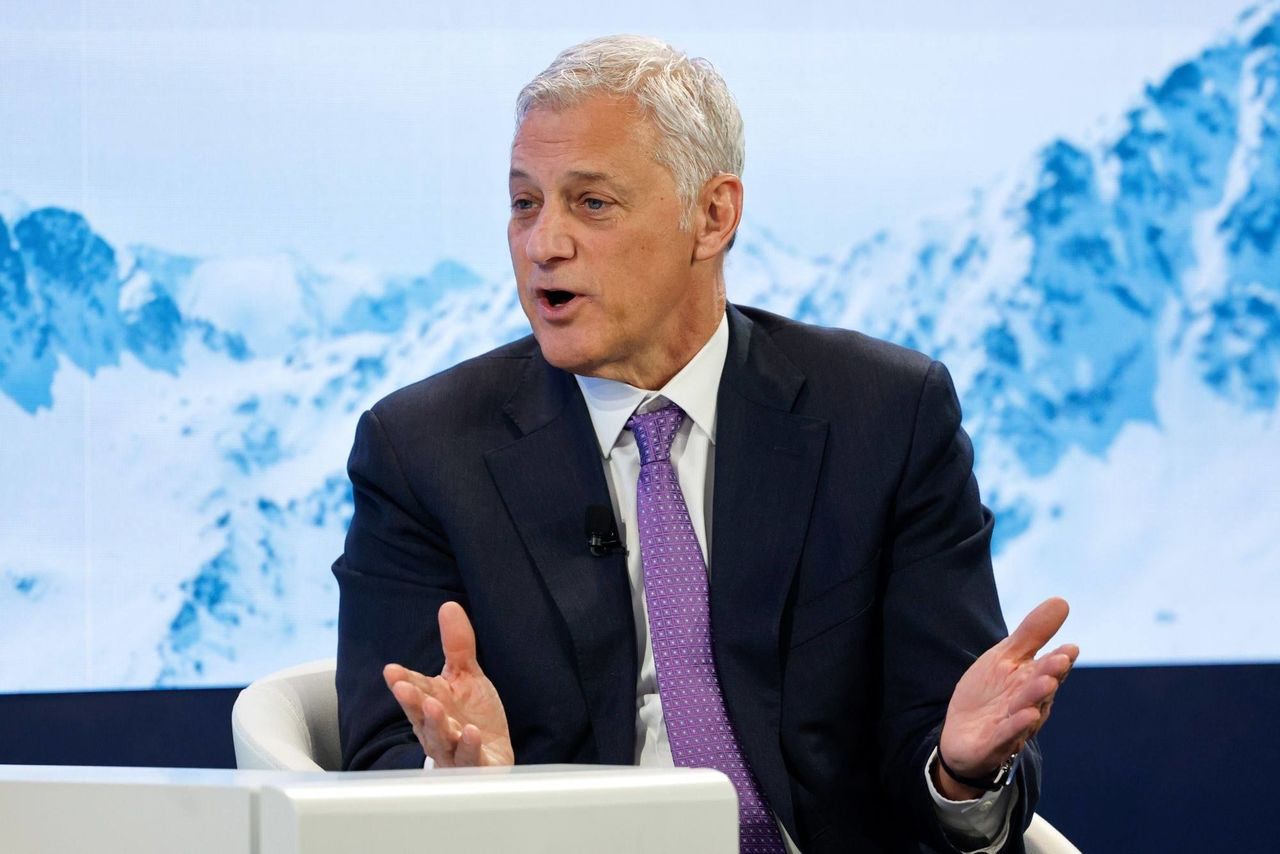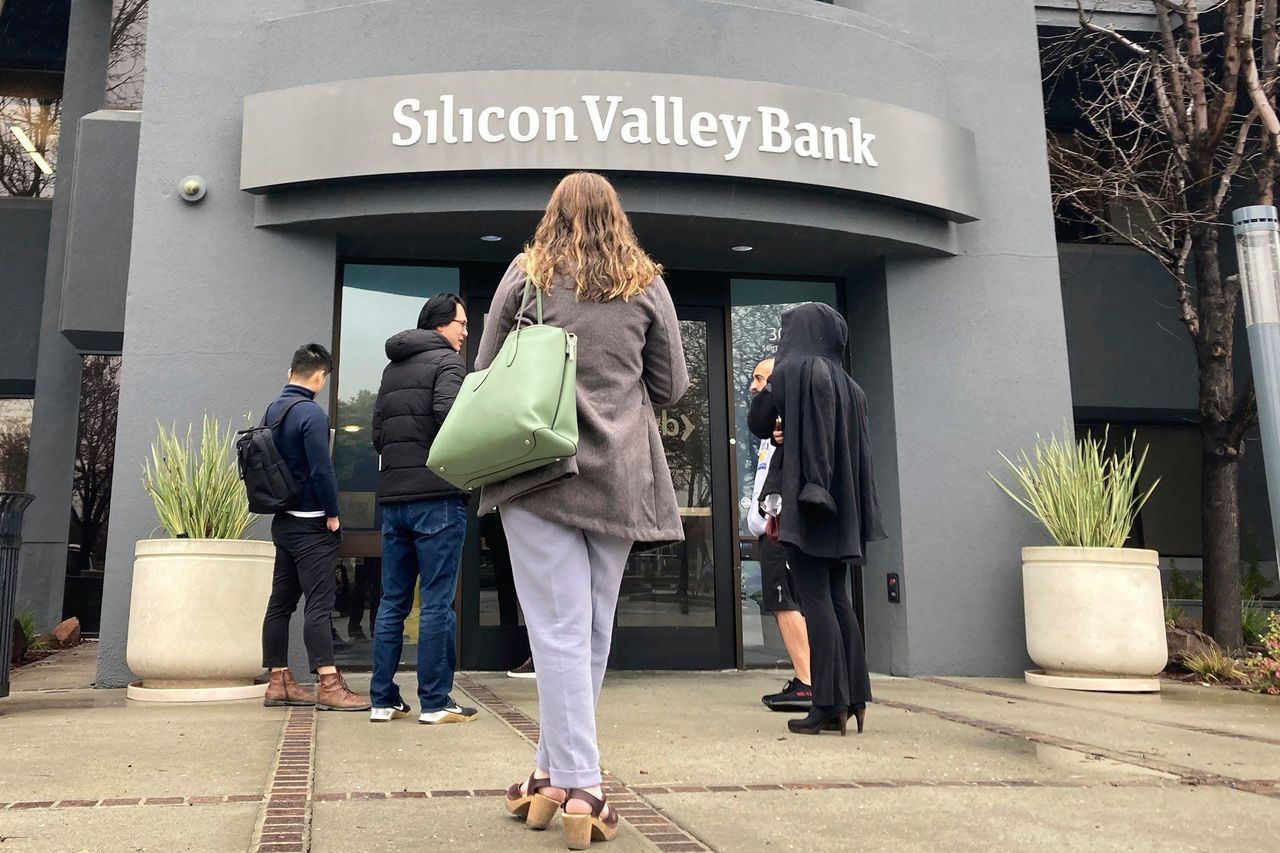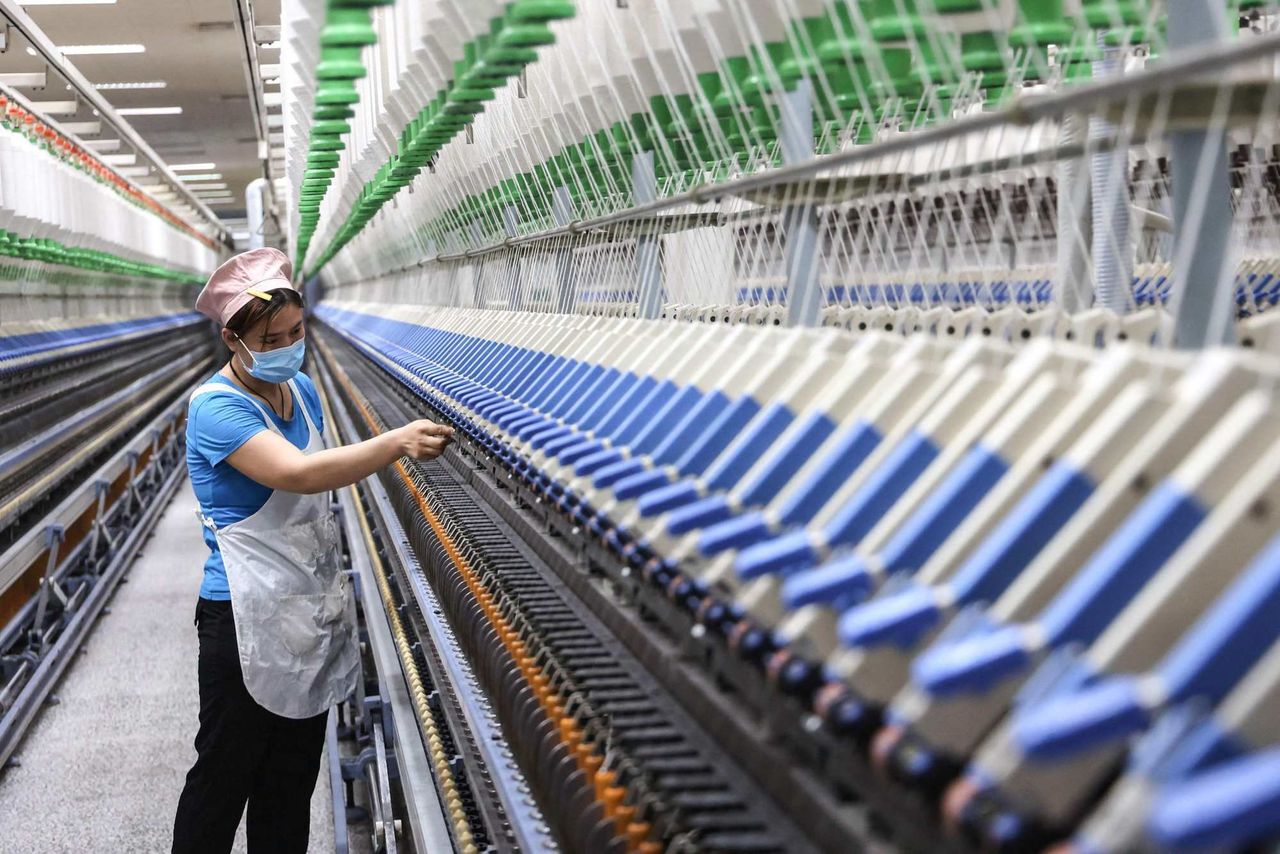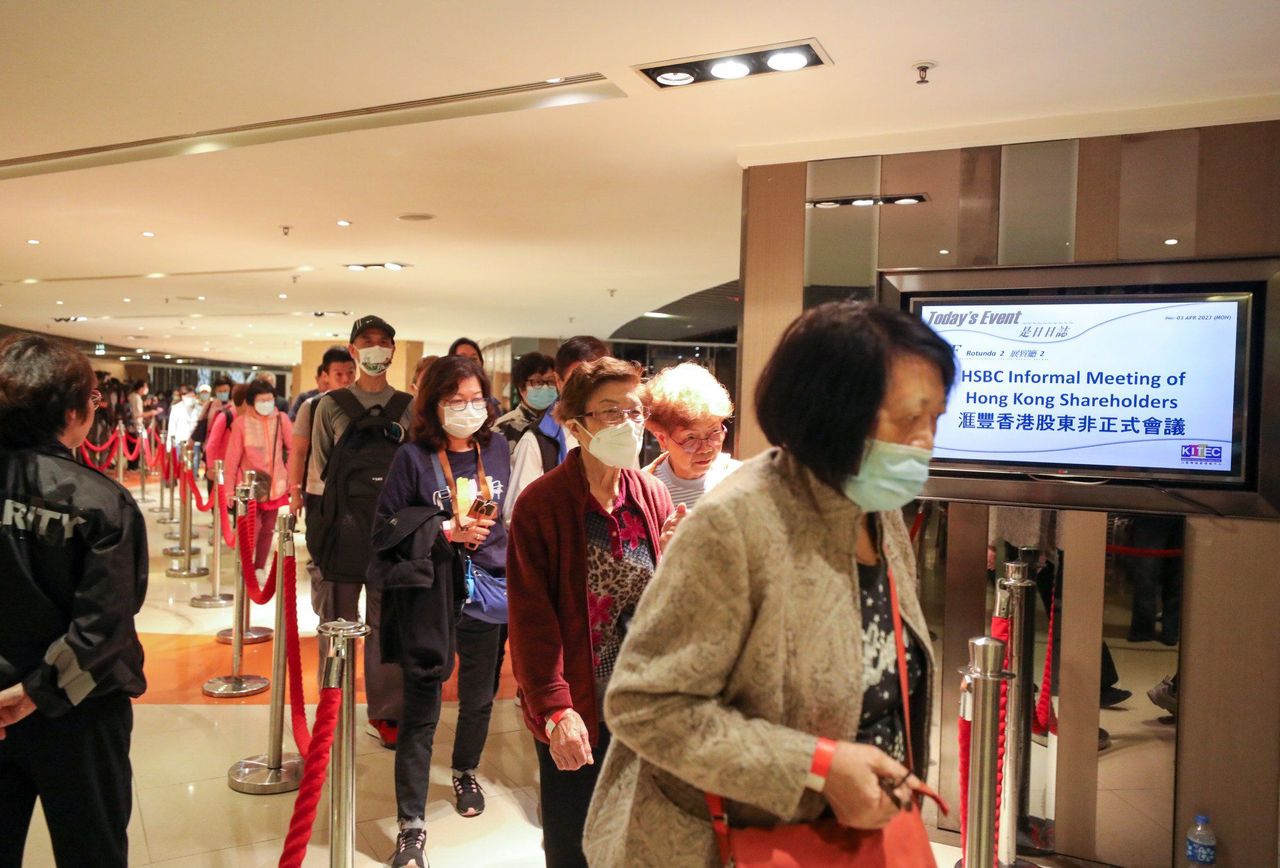Hong Kong News

HSBC, Standard Chartered set to report results in aftermath of banking crisis
Investors will be closely watching for any signs of financial stress as well as fresh guidance on the pace of China’s economic recovery as Hong Kong’s biggest banks, including HSBC and Standard Chartered, unveil their first-quarter report cards beginning this week.
Standard Chartered will be the first of the city’s three currency-issuing banks to update investors on its first-quarter performance on Wednesday, followed by Bank of China (Hong Kong) on Friday and HSBC on May 2.
Their earnings come just over six weeks after US regional lender Silicon Valley Bank collapsed, sparking a banking crisis that placed pressure on financial stocks globally and saw Swiss banking giant UBS buy its smaller rival Credit Suisse for US$3 billion in a government-arranged takeover to restore confidence in the financial system. HSBC also bought SVB’s UK arm for £1 (US$1.24) in a rescue deal.
“Asia-Pacific banks will be able to withstand the knock-on effects from the recent stress in the US regional bank sector or from Europe after the recent takeover of Credit Suisse,” S&P Global Ratings analyst Gavin Gunning said in an April 20 research note. “We remain cautious, however, as previous banking crises indicate that the effects of banking sector contagion effects can take some time to fully play out.”
On Monday, Credit Suisse reported that it suffered 61.2 billion (US$69 billion) in net outflows in the first quarter as spooked clients fled the bank.
S&P noted that prior black swan events, such as the 1997 Asian financial crisis and the 2008 global financial crisis, took months to fully materialise after the first stresses emerged.
However, funding and liquidity strength among Asian lenders should allow banks in the region to stay resilient if contagion effects were to amplify, Gunning said.
Standard Chartered is expected to report a pre-tax profit of US$1.43 billion in the first quarter, a slight dip from its results in the prior-year period, according to consensus analyst forecasts compiled by the London-based banking group.
The lender reported a pre-tax profit of US$1.49 billion a year earlier, in a quarter that included credit impairments for potential soured loans of US$200 million, including provisions for its China commercial property portfolio and a downgrade of Sri Lanka’s sovereign debt.
 Standard Chartered CEO Bill Winters speaks during a panel discussion at
the World Economic Forum in Davos, Switzerland, on January 19.
Standard Chartered CEO Bill Winters speaks during a panel discussion at
the World Economic Forum in Davos, Switzerland, on January 19.
HSBC, the largest of Hong Kong’s three currency-issuing banks, is expected to report an 87 per cent jump in pre-tax profit to US$32.7 billion over the course of 2023, based on the latest consensus analyst forecast compiled by the lender.
Their American counterparts had a mixed bag when they reported first-quarter results earlier this month.
Big consumer-facing lenders, such as JPMorgan Chase and Citigroup, benefited as average Americans shifted deposits from smaller regional lenders after Silicon Valley Bank’s collapse, in a flight to safety.
However, investment banking and trading revenue were down at Goldman Sachs and other Wall Street banks amid rising interest rates and concerns about a potential US recession.
Hong Kong lenders could see a boost as China continues its recovery after years of “zero Covid” restrictions to tackle the coronavirus pandemic, according to Moody’s Investors Service.
 People stand outside an entrance to Silicon Valley Bank in Santa Clara,
Calif. on March 10. The collapse of Silicon Valley Bank sparked a
banking crisis that pressured financial stock during the first quarter.
People stand outside an entrance to Silicon Valley Bank in Santa Clara,
Calif. on March 10. The collapse of Silicon Valley Bank sparked a
banking crisis that pressured financial stock during the first quarter.
“Hong Kong’s exports will improve as restrictions on truck movements between Hong Kong and mainland China are lifted, while tourism in Hong Kong will rebound when Chinese visitors return,” Moody’s analysts Tengfu Li and Helen Zhang said in an April 18 research note.
“The normalisation of trade and travel with mainland China, coupled with China’s economic recovery, will slow the growth of non-performing loans (NPLs) in Hong Kong … This will ease pressure on the banks’ asset quality.”
China’s economy grew by 4.5 per cent in the first quarter, above analysts’ expectations and ahead of the 2.9 per cent increase in gross domestic product seen in last year’s fourth quarter.
Beijing has set a modest growth target for the world’s second biggest economy at around 5 per cent for the full year, with the International Monetary Fund expecting China’s economy to contribute about a third of global growth this year.
Another good sign for lenders is that China’s property market appears to be stabilising somewhat.
“Moderately positive momentum” is expected to persist in the second quarter, thanks to the continued economic recovery and supportive policy measures, according to Fitch Ratings.
 An employee works at a textile factory in Binzhou, in China’s eastern
Shandong province on April 17. China’s economy grew at 4.5 per cent in
the first quarter, ahead of analysts’ expectations.
An employee works at a textile factory in Binzhou, in China’s eastern
Shandong province on April 17. China’s economy grew at 4.5 per cent in
the first quarter, ahead of analysts’ expectations.
“We expect state-owned enterprises and a few non-defaulted private developers to be the main beneficiaries if the positive momentum sustains because of their stronger financial capacity to launch new projects and provide additional properties for sale,” Fitch analysts Tyran Kam and Karl Shen said in an April 6 research note.
“However, we do not expect the stabilising sales to drive a material recovery for defaulted developers, especially those undergoing debt restructuring.
“Many such developers will have to deploy most resources to ensure unfinished homes are completed and delivered in the next several years, as that remains the Chinese government’s priority. It is likely that dampened homebuyer confidence in these developers, which will take time to restore, has also raised the working capital requirement for their projects.”
HSBC and Standard Chartered took a combined US$1.9 billion in reserves on their Chinese commercial real estate loan portfolios over the course of 2022.
At the same time, HSBC’s financial report card is coming during what is shaping up to be a pivotal week for the bank.
At its annual general meeting on May 5, HSBC investors are expected to consider a set of proposals by a group of frustrated minority shareholders to increase the bank’s dividend payouts and undertake radical structural changes to enhance the bank’s value.
 Investors line up to attend HSBC’s informal meeting of its Hong Kong shareholders in Kowloon Bay on April 3.
Investors line up to attend HSBC’s informal meeting of its Hong Kong shareholders in Kowloon Bay on April 3.
HSBC, which announced its largest full-year dividend in four years in February, has urged investors to reject the minority shareholder proposal.
The bank has also faced renewed pressure from Ping An Insurance Group, its biggest shareholder, in recent days to spin off its Asian arm in a Hong Kong listing.
Over the past year, Ping An has conducted an unorthodox campaign to push HSBC to make changes to increase shareholder value and claimed the bank’s management has exaggerated the costs and risks of spinning off the business.
HSBC pushed back last week, saying a spin-off of its Asian arm would result in “material loss of value” to investors and undermine its international business model, a key part of the bank’s strategy under CEO Noel Quinn.











